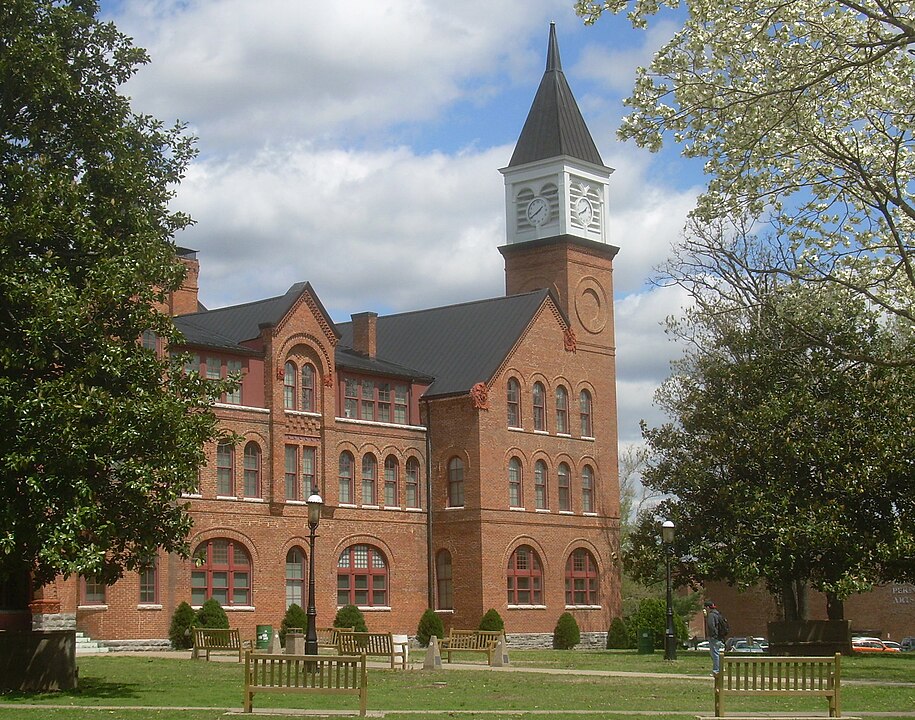
- Details
- By Native News Online Staff
The University will use the grant funding, coming from the U.S. Department of Education’s Native American Serving Nontribal Institutions program, to “improve and expand” its capacity to serve Native American and low-income students, according to a press release from NSU.
“This grant will allow us to expand our initiative and outreach programs, expand the Native language revitalization efforts of the Cherokee and Indigenous Studies program and develop innovative solutions that address the educational and cultural needs of the Native American population at NSU,” said NSU President Rodney Hanley in a statement.
That includes expanding Cherokee language courses, providing professional development for faculty and staff, and renovating a historic on-campus building to serve as a cultural and life skills lab.
NSU is the oldest institute of higher learning in Oklahoma. Its main campus is located in Tahlequah, the capital of the Cherokee Nation. According to its website, 20% of the enrolled student population is American Indian/Alaska Native.
More Stories Like This
Bipartisan Vote Keeps Institute of American Indian Arts Alive and FundedNew UNLV Executive Certificate Focuses on Tribal Governance, Economic Leadership
Bureau of Indian Education Graduation Rates Increase as Agency Reforms Fold into Interior and Labor Departments
Deb Haaland Announces Education Platform, Secures Teachers Union Backing
Native Americans Could Be Hit Hard as Education Department Resumes Student Loan Wage Garnishment
Help us defend tribal sovereignty.
At Native News Online, our mission is rooted in telling the stories that strengthen sovereignty and uplift Indigenous voices — not just at year’s end, but every single day.
Because of your generosity last year, we were able to keep our reporters on the ground in tribal communities, at national gatherings and in the halls of Congress — covering the issues that matter most to Indian Country: sovereignty, culture, education, health and economic opportunity.
That support sustained us through a tough year in 2025. Now, as we look to the year ahead, we need your help right now to ensure warrior journalism remains strong — reporting that defends tribal sovereignty, amplifies Native truth, and holds power accountable.
 The stakes couldn't be higher. Your support keeps Native voices heard, Native stories told and Native sovereignty defended.
The stakes couldn't be higher. Your support keeps Native voices heard, Native stories told and Native sovereignty defended.
Stand with Warrior Journalism today.
Levi Rickert (Potawatomi), Editor & Publisher


